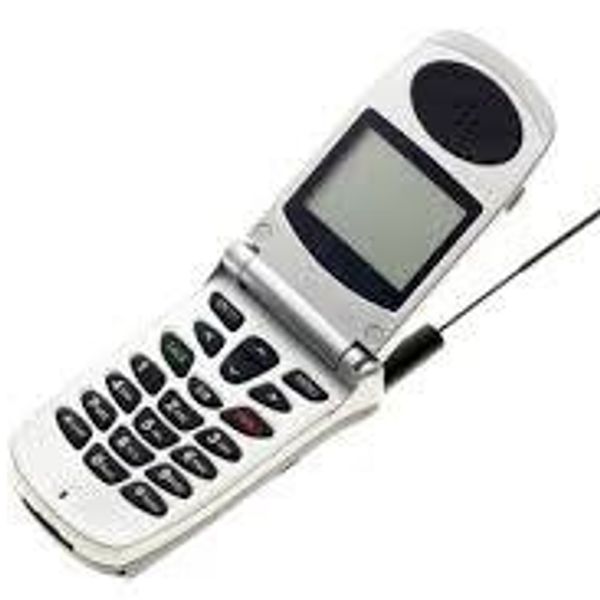To an extent, smartphone users recognize their attachment to their devices. Most friends, family and fellow students I talk to will admit, though reluctantly, that they use their phones way too much. Despite some awareness, most people do not realize the lengths they will go to stay connected to social activity, the Internet, and friends and family. Decisions over when and where to use smartphones are sometimes irrational and potentially harmful. We are not chemically enslaved to our phones as someone would be to alcohol or drugs, but we use them so much that our brains adapt to new patterns that are less productive in society and less fulfilling in our lives. Addressing the problem and reality of our overuse of smartphones can point us in the right direction of creating sensible, healthy, and wise habits.
We use our phones in dangerous situations.
We have all heard “do not text and drive,” “do not snapchat and drive,” “it can wait,” and “pay attention to the road” so many times we could expel these phrases in our sleep. We also understand the risk of texting, talking, or using other applications while we are driving and do not wish to suffer the consequences. Yet, we insist the law is moot and continue to break it. Some people worry that they will not have enough time to answer their text or email, or check Instagram, but you will. Said activities take up seven minutes maximum. There are 1,440 minutes in a day.
We prioritize them over people.
When it comes to socializing face to face with others, people generally choose to pay attention to their phones rather than have a conversation. We have all seen the couple at a restaurant that are sitting across from one another, having a meal together, and staring at their phones. We have an irrational idea of the importance of what our device contains. A nice conversation with your loved one could be a lot more beneficial, interesting, and fun than any information on your smartphone. Sometimes conversing can be challenging, but give it a shot -- we all know how to do it.
We turn to them when we are stressed or uncomfortable.
So often during stressful times, we turn to familiarity and comfort to feel better. What is more familiar and comforting than your phone? It is your own; you personalize it, and you know it like the back of your hand. A room full of strangers is uncomfortable; therefore, people will take out their phones and disengage from the moment to avoid that discomfort. Finding other ways to liven the room and avoid awkwardness such as striking up a conversation with someone approachable is a great way to break the ice and make a new friend.
We experience withdrawal.
When we do try to go without our phones, we feel odd, lost and uneasy. We tend to forget the original purpose of a phone: to contact someone. Well, people have lived and survived on this planet without the contact cell phones provide for many years. Because of this, there are helpful tools and resources to help us in the event that we need to reach someone. You will be okay without your phone.
Try planning a vacation where you turn off your phone for two weeks. Plan ahead, know you will not have your phone, then unplug. In the event that you must use your phone, don't forget to stop and smell the roses.





















